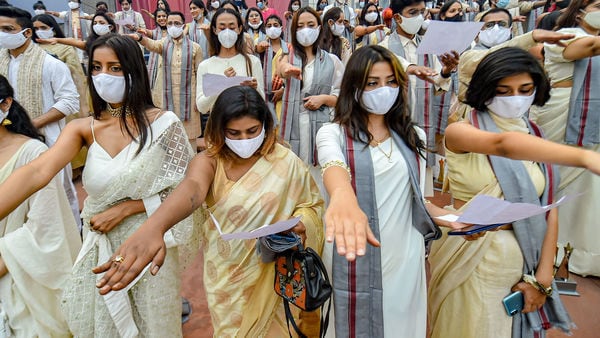India now has 1,020 women for every 1000 men, is not getting any younger, and no longer faces the threat of a population explosion.
All three radical findings are part of the summary findings of the fifth round of the National Family and Health Survey (NFHS), which were released by the UNION HEALTH MINISTRY on November 24.
To be sure, NFHS is a sample survey, and whether these numbers apply to the larger population can only be said with certainty when the next national census is conducted, although it is very likely that they will in the case of many STATES AND UNION TERRITORIES.
The gender ratio at birth for children born in the last five years is still 929, which suggests that son-preference, in its various macabre forms, still persists, but the sex ratio is a significant milestone achieved on the back of policies aimed to curb sex selection practices that were once rampant and female infanticide, and on the fact that women in India tend to live longer than men.
The average life expectancy at birth for men and women was 66.4 years and 69.6 years respectively in 2010-14, according to data from the Census of India website.

